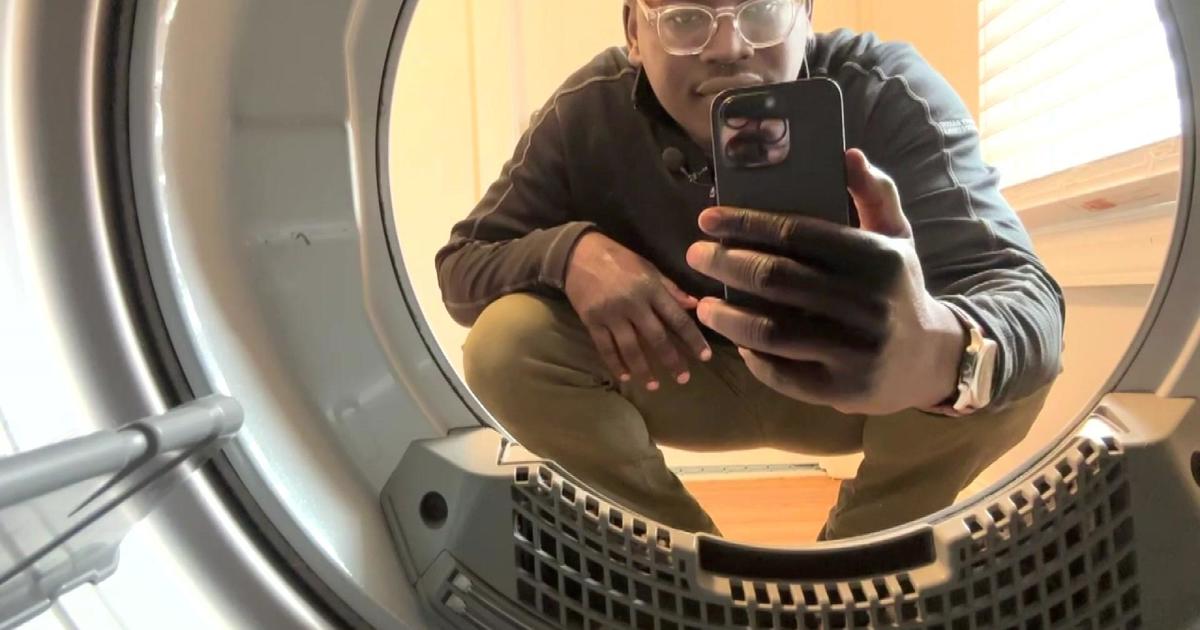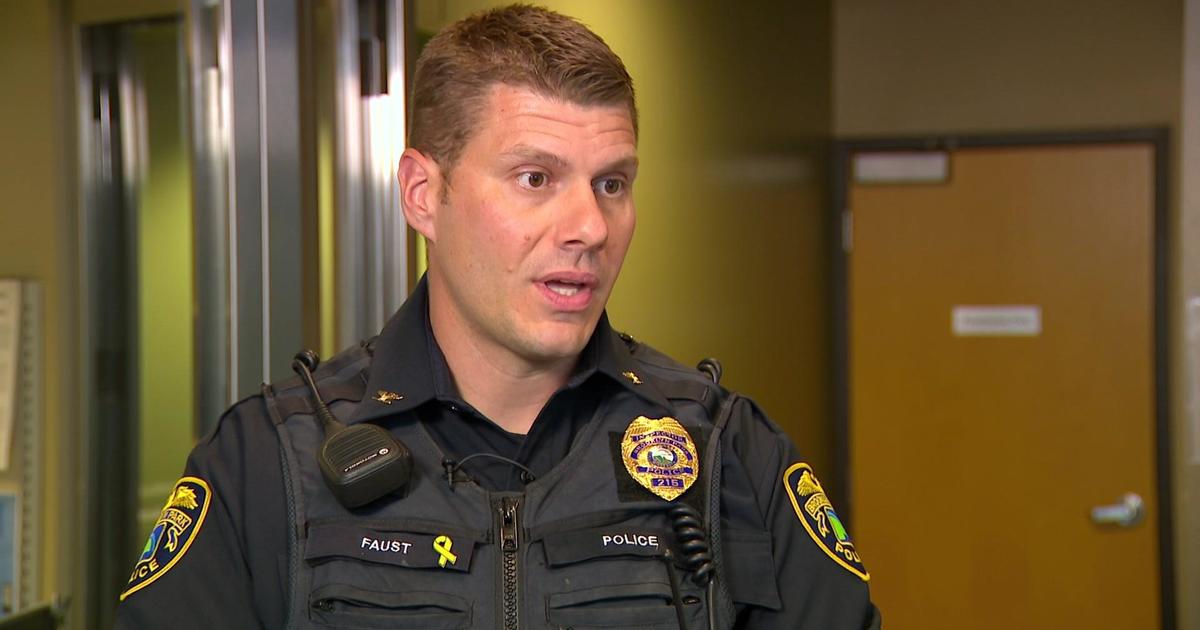New Surgery Less Risky Than Open Heart Surgery
MINNEAPOLIS (WCCO) -- In a world where heart failure's an epidemic, doctors say there's now a game-changer in their fight.
Starting Tuesday, doctors at a Twin Cities hospital started what they call a less-invasive alternative to open-heart surgery. WCCO-TV went inside the operating room to show the procedure that is said to improve, even add years, to the lives of thousands.
A healthy heart was something 54-year-old Linda Schugg thought she would never have. In addition to suffering from heart disease, she also has trouble breathing.
"I only have one lung that really functions," Schugg said.
Doctors told Linda that open heart surgery was out of the question.
"The concern was that they would never get me off the ventilator again," Schugg said.
Thousands of patients who suffer from a list of diseases, including cancer and kidney failure, have also been turned down for open heart surgery.
That's where a new procedure at Abbott Northwestern Hospital comes into play. It's called Trans-Arterial Valve Replacement Therapy.
"In my thirty years in practice now, I have never seen any single therapy like this have such a huge impact on patient outcomes as this," said Dr. Wes Pedersen of the Minneapolis Heart Institute.
Pedersen says this could be a game-changer for those more than 80 years old. They're more likely to have blocked arteries, and thus less likely to qualify for open heart surgery.
"Inside this stent is the new valve. You inflate the balloon, and this stent then is pushed out, expanded and inside of that you're left with a brand new valve," Pedersen said as he described the surgery.
In about three to five seconds, the patient goes from a stiff valve to a new functioning valve. That valve is made up of cow tissue.
The prosthetic valve starts fairly big, then using a machine doctors shrink it down so it can be implanted using a catheter.
Real-time video shows how the device is placed. Doctors say in days, the patient feels normal again.
"I think they are every bit in awe, as much awe as I am in," Schugg said.
It's a reason, she said, to laugh again.
"I think you have to have a sense of humor or you wouldn't make it through with this. I love right as you said that, your heart rate went up a little bit too," she said.
The doctor says most patients will be up and walking the day after surgery. Pedersen says this is another reason this is often the more appealing alternative to open heart surgery, which can take months, if not years, to fully recover from.



